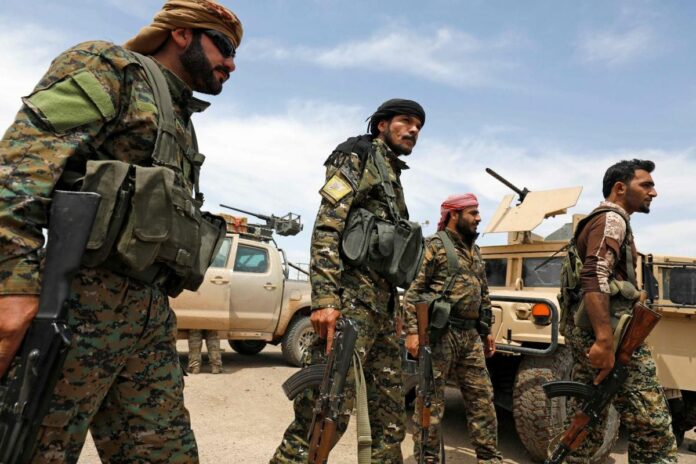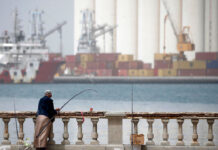June 8, 2021
International statements condemning the recent terrorist operation in Sebha, Libya, for which the terrorist organization ISIS officially claimed responsibility, continue, along with many strict calls for the expulsion of foreign forces and mercenaries from the country.
For his part, the President of the Libyan Presidential Council, Mohammed al-Manfi, stressed his adherence to national sovereignty, the expulsion of all foreign fighters and mercenaries, the unification of state institutions, and support for the ceasefire.
The exile also called for the necessity of unifying all state institutions, supporting the ceasefire and following up on the work of the 5+5 Joint Military Committee, according to the media office of the Presidential Council.
The Continued Presence of Foreign Forces is an “Insult to the Dignity of Libyans”
For her part, the former acting UN envoy to Libya, Stephanie Williams, affirmed her support for the repeated calls by the Libyan authorities to expel foreign forces as soon as possible, and said that their continued presence is an affront to the “dignity” of Libyans, as she put it.
In statements to the Middle East Monitor, Williams said that the withdrawal of mercenaries and foreign forces is a prerequisite for holding fair and secure elections on December 24, and indicated that achieving this goal is no longer a Libyan decision and can be done “with the concerned countries.”
On the other hand, Representative Khalifa Al-Daghari, a member of the Libyan House of Representatives, stressed that any political process will not be successful unless it addresses the division of the armed forces, explaining that this requires the integration of all military units, the exit of mercenaries, the collection of weapons of armed groups and the cessation of the flow of weapons and foreign fighters.
We note that the two parties to the Libyan conflict signed a “permanent ceasefire agreement” on October 23, 2020, after the 5+5 Joint Military Commission talks in Geneva today.
On February 5, the Political Dialogue Forum, under the auspices of the United Nations, elected a unified executive authority, comprising a government headed by Abdul Hamid Dbeibeh and a presidential council headed by the exile, to lead the country to parliamentary and presidential elections scheduled for December 24.











